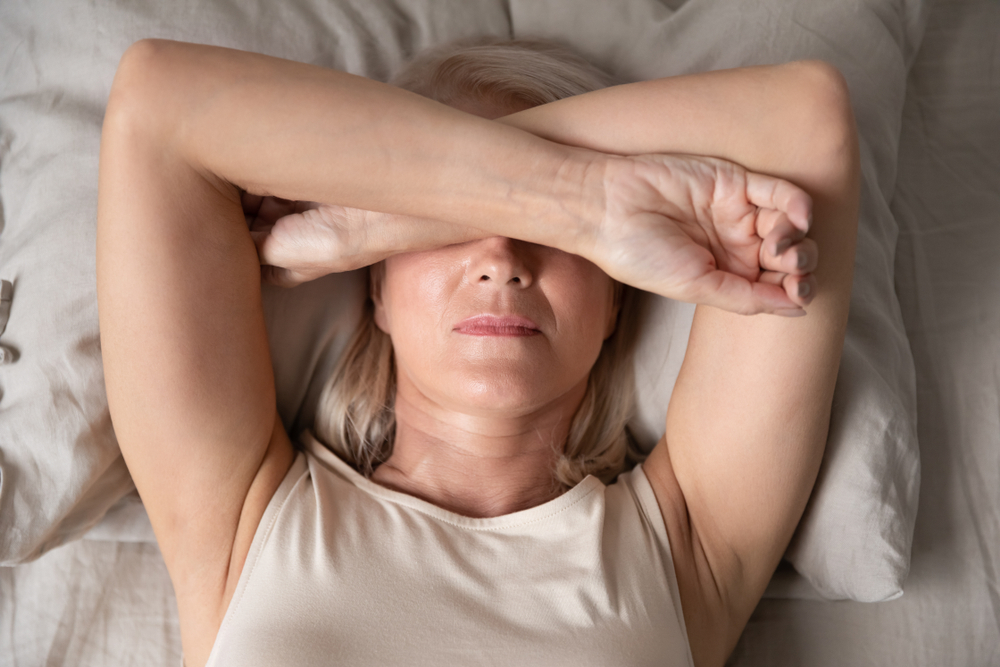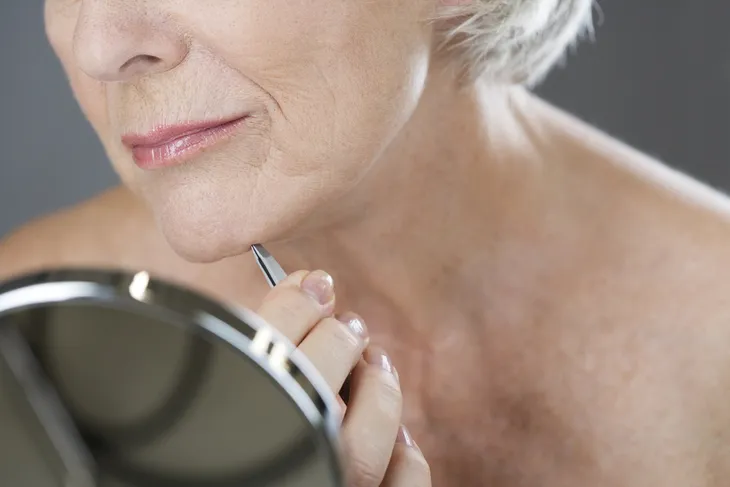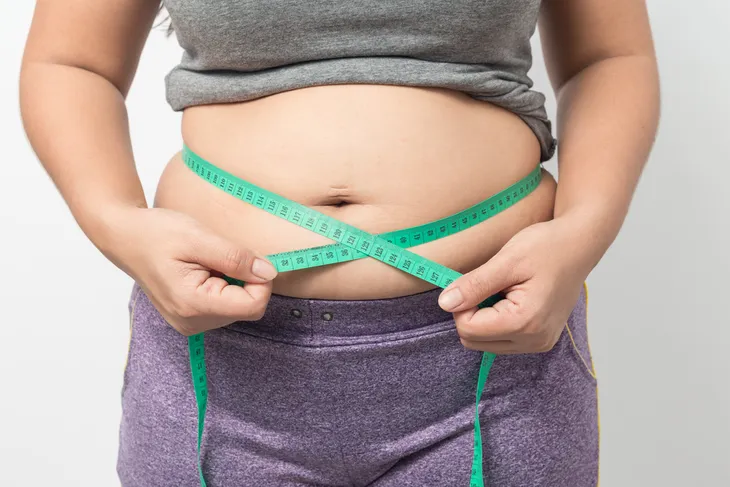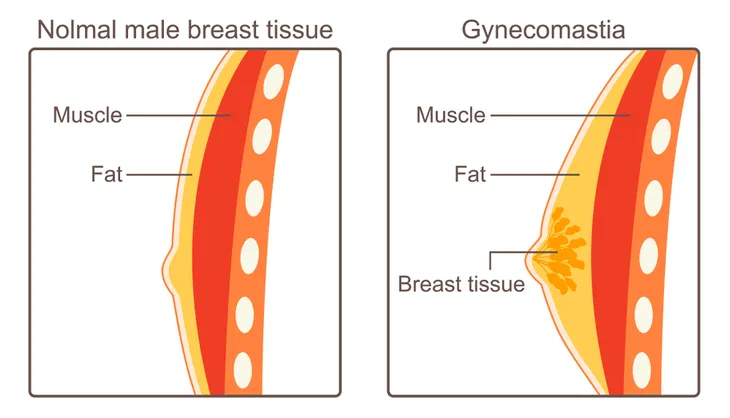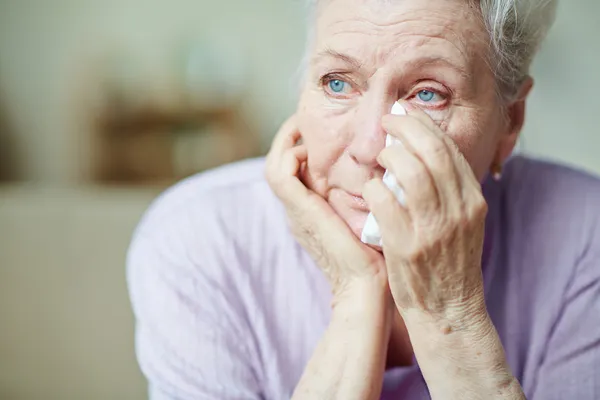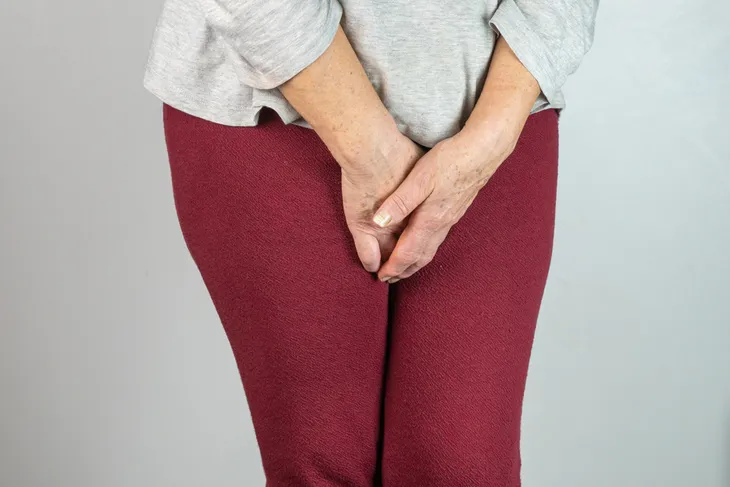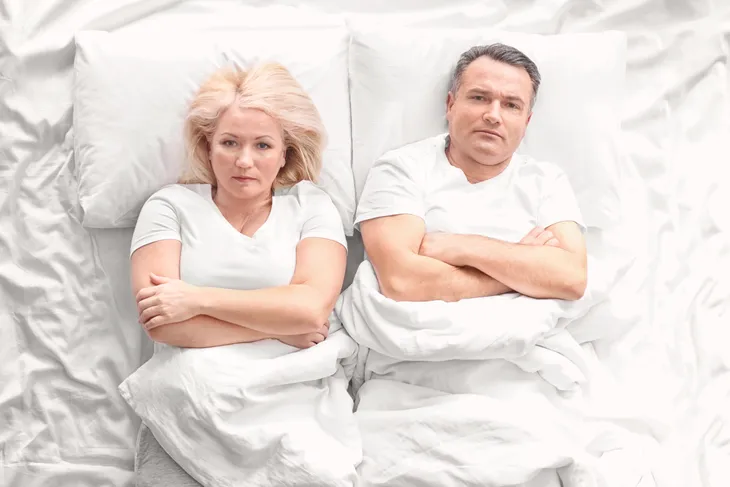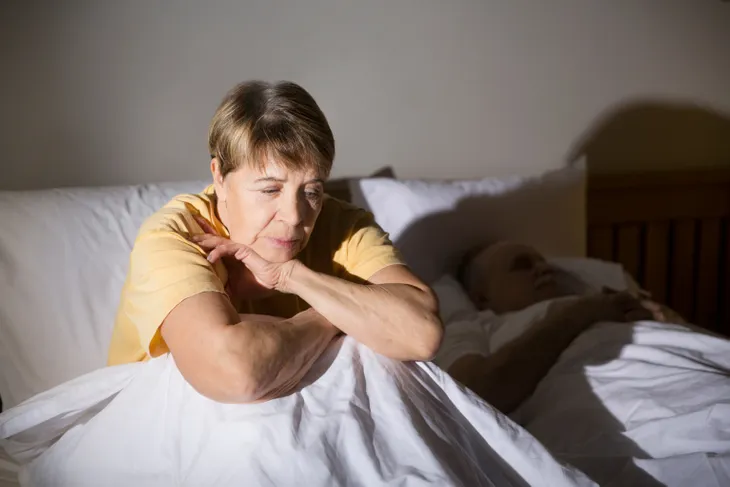Women (and some men, which we will explain) experience menopause as early as age 30, although it’s more commonly associated with women in their 40’s and 50’s, the average age of menopause being 51. Although it means you no longer have to deal with a monthly period, there are other changes that can be unpleasant.
While hot flashes are probably the most commonly known symptom, there are a variety of other subtle and not-so-subtle signs that menopause is here to stay. Let’s take a closer look at eight of these signs…
Facial Hair
Women during this transition may notice a bit more hair on their body, including their face. Although many women have some facial hair prior to menopause setting in, higher levels of DHT (dihydrotestosterone) – usually associated with males – can lead to formation of moustaches and beards, notes TipHero.com.
The same source outlines 10-DIY techniques to remove unwanted body hair in a painless way, whether it’s applying a mixture of oatmeal paste, honey and lemon juice, drinking spearmint tea, using a barley scrub, or creating an orange and lemon peel mask. Or you may want to use permanent hair removal methods like laser hair removal.
Weight Gain
The Mayo Clinic says that “many women gain weight around the menopause transition,” and the cause is hormonal changes that can pack on weight mostly around your abdomen, hips and thighs (in other words, exactly where you don’t want the weight).
Muscle mass decreases and fat levels naturally increase with aging as well, adds the source. Regardless of the cause, it’s not a lost battle: the clinic explains, “You can reverse course by paying attention to healthy-eating habits and leading an active lifestyle.”
Gynecomastia
This is one of the several symptoms associated with male menopause (sometimes referred to as andropause), which is apparently a real thing. While both women and men can experience weight gain due to middle age hormonal changes, but men can actually develop swollen breasts as a result.
The Mayo Clinic explains this swelling of the breast tissue, which can also occur in boys, is caused by an imbalance of estrogen and testosterone. The swollen tissue can be painful, and for obvious reasons can cause embarrassment for some males. Meanwhile, in women, menopause can cause sagging due to a decrease in glandular tissue.
Moodiness
While some women can be a bit more emotional during PMS, menopause can be a whole new ballgame. Declining estrogen levels during menopause “can also make a woman feel like she is in a constant state of PMS,” notes the Mayo Clinic.
Some of the mood-related symptoms related to perimenopause (beginning long before menopause) and menopause itself include irritability, sadness, anxiety, lack of motivation, and even heightened aggressiveness, notes the clinic.
Increased Heart Disease Risk
This is not necessarily a “symptom,” as it’s probably not something you’ll be aware of otherwise. However, the American Heart Association explains that while heart disease risk increases with age for everyone, it can be especially high for women following the onset of menopause.
While menopause itself doesn’t cause cardiovascular problems, “certain risk factors” increase around the time of menopause combined with any unhealthy lifestyle habits (smoking, eating fatty foods) can increase the chance of heart trouble. The source explains that more than 1 in 3-adult females has some form of cardiovascular disease, but adds, “An overall increase in heart attacks among women is seen about 10 years after menopause.”
Urinary Incontinence
The Mayo Clinic explains that menopausal women may experience some leakage, as the tissues responsible for urination (including the urethra) lose elasticity. The urge to pee may come on suddenly and then release before you can deal with it, which can obviously lead to some distress for women.
You may also experience some leakage when coughing, sneezing, or lifting something. The risk of urinary tract infections (UTIs) can also increase. The clinic recommends strengthening pelvic floor muscles using Kegel exercises and using topical vaginal estrogen to help minimize the incontinence problem.
Lowered Libido
Menopause can also turn off desire in some women, according to the North American Menopause Society. The source explains that while desire is still present post-menopause, “The vaginal atrophy and dryness associated with low estrogen can cause arousal to take longer or be harder to achieve.”
In fact, the source gives this arousal complication a name: female sexual arousal disorder, which is distress about lack of physical readiness for intercourse compared to earlier years. A nationwide study shows that this distress affects about 5-percent of women in the U.S., with the 45 to 64-age group expressing the highest rate of concern, it adds.
Insomnia
Quality of sleep can be impacted in menopausal women, or those in the earlier stages of menopause, according to the National Sleep Foundation. There are a number of factors of menopause that can impact sleep, including a drop of production in progesterone, “a sleep-promoting hormone,” notes the source.
Hot flashes – which are actually a surge of adrenaline – can shake you awake from a restful slumber, and can also have you soaking the sheets with sweat, it adds. It could take some time before your body settles down enough to fall back asleep, it adds. (Here are some Simple Remedies for Beating Insomnia).
